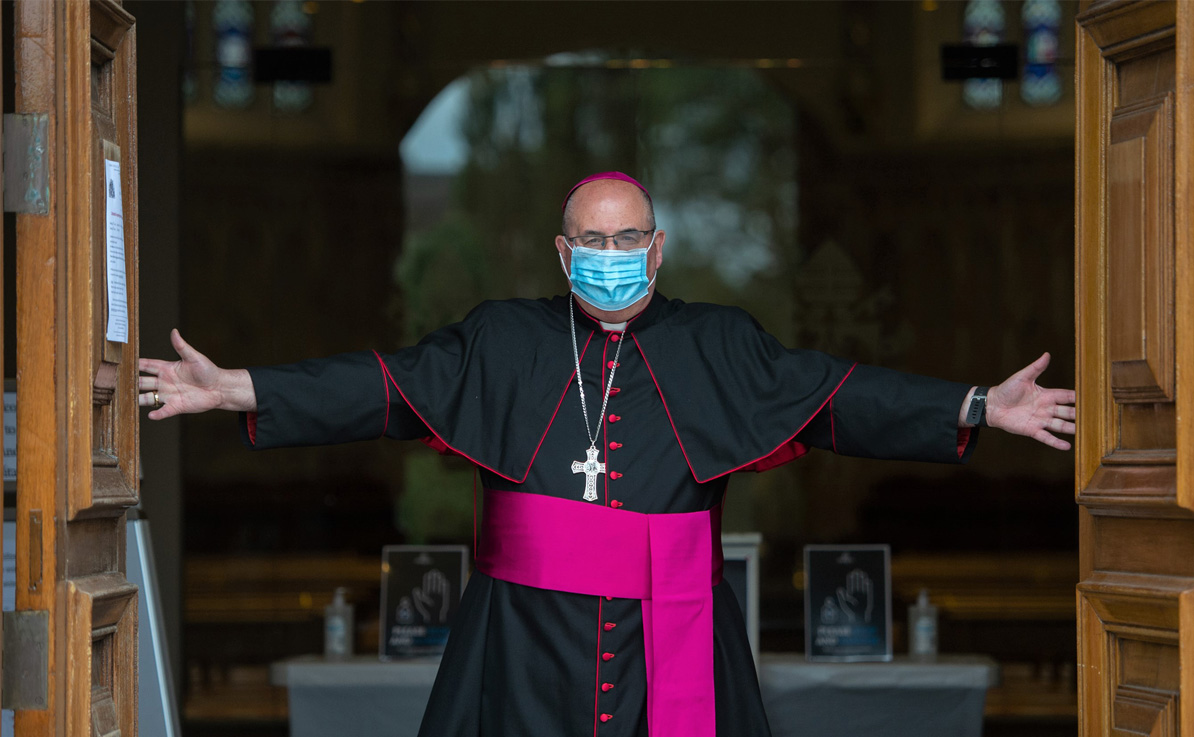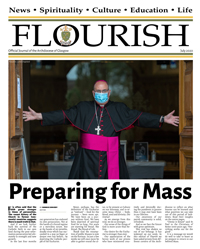Urgent appeal
The current emergency means our churches have had to close, but costs remain and some parishes are in a difficult situation.
If your own circumstances allow it, please consider helping us by donating £5 during this worrying time.
The Archdiocese has set up a system whereby you can simply text
RCARCHGLA to 70085 to donate £5.
Please share this emergency donation option with others, especially those who may be anxious because they normally contribute to their parish through collection envelopes. Those who use collection envelopes are asked to continue to place donations in these and deliver them to the local parish after the emergency has passed.





